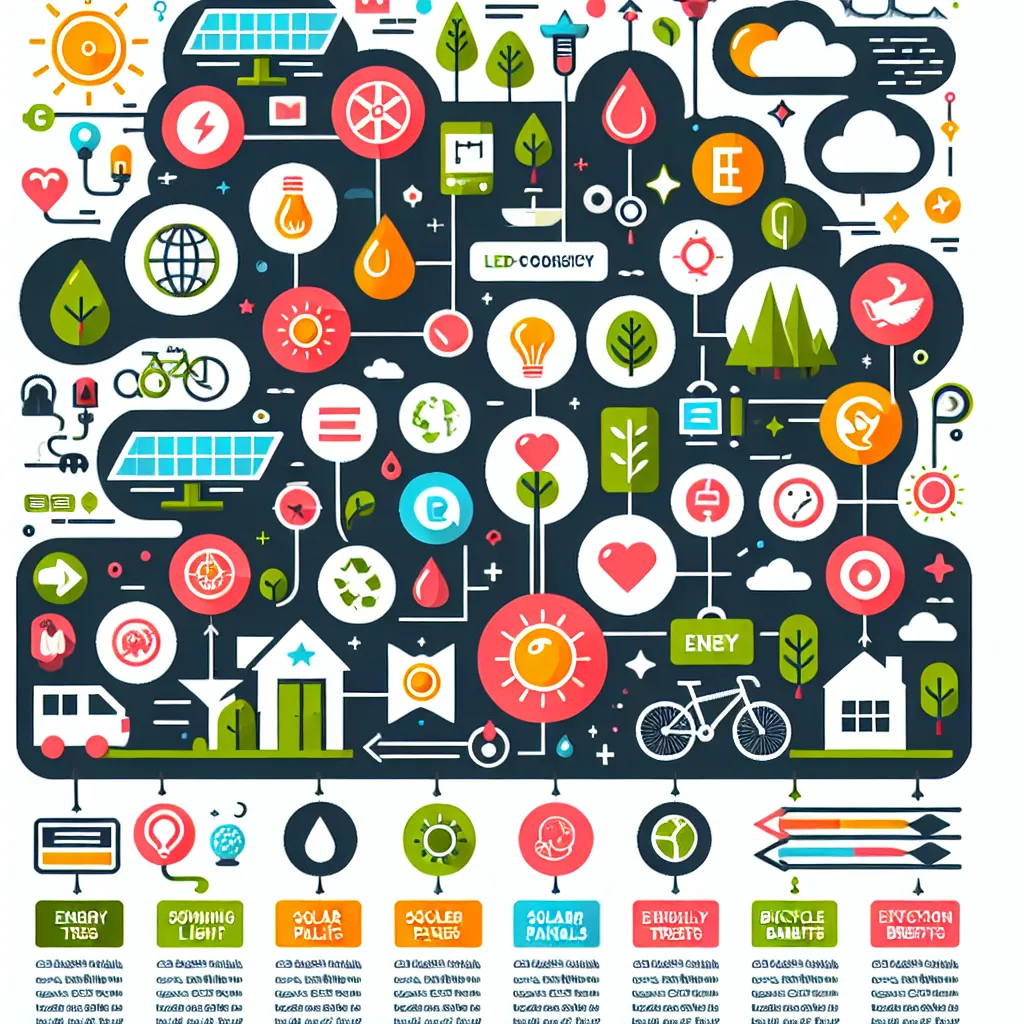Energy conservation is a crucial topic in today’s world, and it frequently appears in IELTS examinations. As an IELTS teacher, I’ll guide you through the essential vocabulary, usage, and techniques to excel in this area during your test.
Understanding the Term “Energy Conservation”
Definition: Energy conservation refers to the practice of reducing energy consumption by using less energy to achieve the same outcome.
Part of Speech: Noun phrase
Pronunciation: /ˈenədʒi kɒnsəˈveɪʃ(ə)n/

Context and Usage
Examples in Context
-
The government has implemented strict energy conservation measures to reduce carbon emissions.
Here, “energy conservation” is used in a policy context, highlighting governmental actions. -
Homeowners can practice energy conservation by installing LED lights and improving insulation.
This example demonstrates practical applications of energy conservation in daily life. -
The company’s new energy conservation strategy resulted in a 30% reduction in electricity costs.
This sentence showcases the financial benefits of energy conservation in a business setting. -
Schools are teaching students about energy conservation to create environmentally conscious citizens.
This example illustrates the educational aspect of energy conservation. -
Advanced technologies play a crucial role in energy conservation efforts worldwide.
Here, the phrase is used to emphasize the relationship between technology and energy saving.
Common Contexts
Energy conservation is frequently discussed in environmental studies, government policies, business strategies, and educational programs. It’s a key topic in discussions about climate change, sustainability, and resource management.
Frequency in IELTS
The concept of energy conservation appears regularly in IELTS exams, particularly in:
- Reading passages about environmental issues or technological advancements
- Writing Task 2 essays on environmental topics or government policies
- Speaking Part 3 discussions about energy use and environmental responsibility
- Listening sections featuring lectures or discussions on sustainability
Vocabulary Analysis
Word Structure
- Energy: The core concept, referring to power derived from physical or chemical resources
- Conservation: From the Latin “conservare,” meaning to keep, preserve, or maintain
Synonyms and Antonyms
Synonyms:
- Energy efficiency /ˈenədʒi ɪˈfɪʃənsi/ (noun): The use of less energy to perform the same task
- Power saving /ˈpaʊə ˈseɪvɪŋ/ (noun): The act of reducing electricity consumption
- Resource preservation /rɪˈsɔːs ˌprezəˈveɪʃ(ə)n/ (noun): The practice of maintaining natural resources
Antonyms:
- Energy waste /ˈenədʒi weɪst/ (noun): The unnecessary or excessive use of energy
- Power consumption /ˈpaʊə kənˈsʌm(p)ʃ(ə)n/ (noun): The amount of power used by a device or system
Memory Techniques
Mind Map
Create a mind map with “Energy Conservation” at the center, branching out to related concepts such as:
- Methods (e.g., insulation, efficient appliances)
- Benefits (e.g., cost savings, reduced emissions)
- Sectors (e.g., residential, industrial, transportation)
- Technologies (e.g., smart grids, LED lighting)
Mnemonic Story
Imagine “E.C.” as a superhero named “Energy Conserver” who goes around the city, helping people save power. This vivid image can help you remember the concept and its importance.
Practice Exercises
Application in IELTS Writing
Task: Write a paragraph about the importance of energy conservation in urban areas. Use at least three related vocabulary terms.
Sample answer:
“Energy conservation in urban areas is paramount for creating sustainable cities. By implementing efficient public transportation systems, we can significantly reduce fuel consumption and lower carbon emissions. Moreover, encouraging the use of energy-efficient appliances in households can lead to substantial power savings. Governments should also focus on resource preservation by promoting renewable energy sources, thus ensuring a greener future for urban dwellers.”
IELTS Speaking Practice
Imagine you’re answering this question in IELTS Speaking Part 3:
“How can individuals contribute to energy conservation in their daily lives?”
Practice answering this question, incorporating vocabulary like “power saving,” “energy efficiency,” and “resource preservation.”
Conclusion
Mastering the vocabulary around energy conservation is crucial for IELTS success, especially given its relevance in today’s world. By understanding the context, synonyms, and practical applications of this term, you’ll be well-equipped to tackle related questions across all sections of the IELTS exam.
Remember to practice using these terms in your writing and speaking exercises regularly. For more insights on environmental topics in IELTS, check out our article on how to promote environmental conservation through education.
Do you have any questions about using energy conservation vocabulary in IELTS? Share your thoughts or experiences in the comments below!